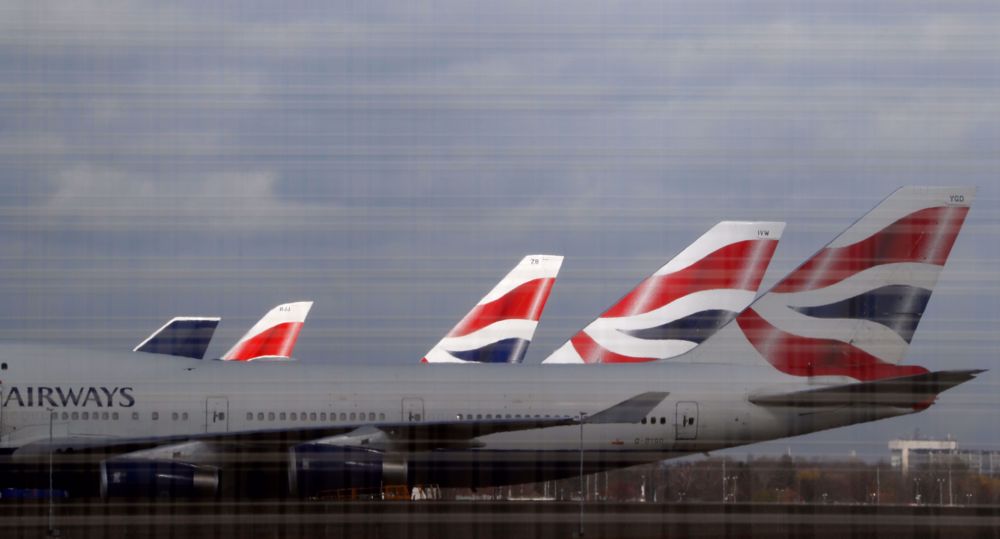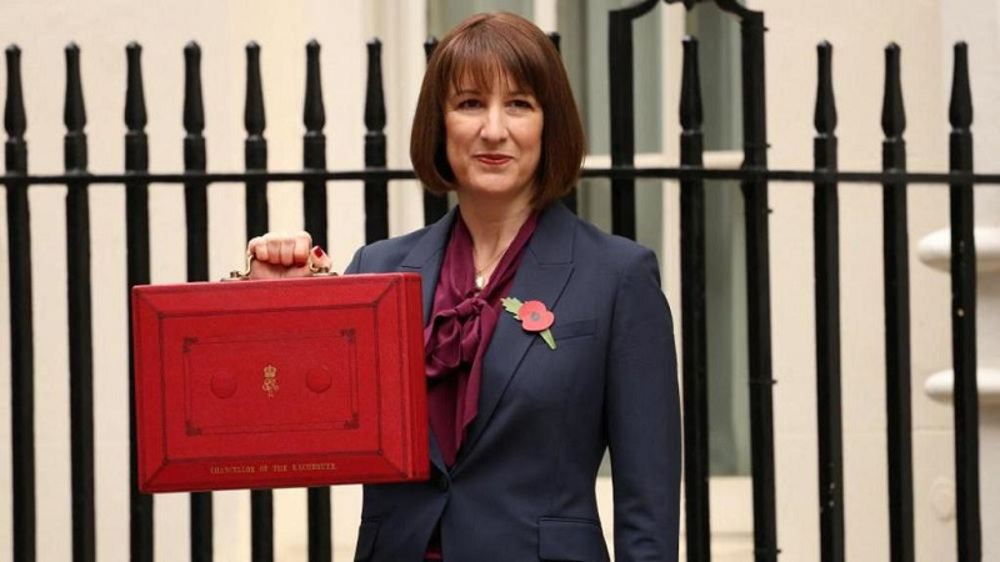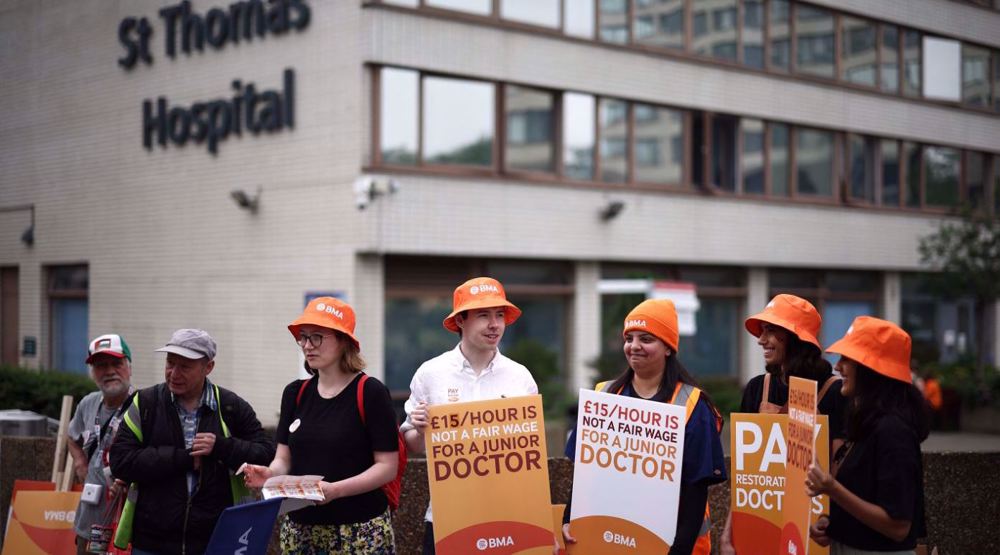‘Queen of the skies’ unlikely to ever operate commercial services for airline again
British Airways has announced it will immediately retire its entire fleet of Boeing 747 planes after the downturn in travel sparked by the coronavirus outbreak.
It will mean taking all 31 of its 747-400 planes out of its wider fleet of 300 aircraft, more than three years earlier than planned.
The company, which is the largest operator of 747s, said: “It is with great sadness that we can confirm we are proposing to retire our entire 747 fleet with immediate effect.
“It is unlikely our magnificent queen of the skies will ever operate commercial services for British Airways again due to the downturn in travel caused by the Covid-19 global pandemic.”
British Airways said it would be operating more of its flights with more modern and fuel-efficient aircraft such as the Airbus 350 and Boeiecng 787 Dreamliner, as part of efforts to hit net zero carbon emission targets by 2050.
The decision comes 31 years after BA took its first delivery of a 747-400 plane in July 1989. The jumbo jet originally accommodated 27 first-class and 292 economy travellers, and featured a lounge on its upper deck, earning its reputation as the “club in the sky”.
The company’s relationship with the 747 airline can be traced back almost half a century.
“We did have earlier models of the 747 in our fleet before 1989,” BA said. “Our first 747 was received in 1971, when we were known as BOAC. However, the current model being retired is the 747-400, which is the aircraft we first received in 1989.”

At the plane’s height, BA had a fleet of 57 of the 747 aircraft. It was originally due to retire the last of the 747-400s in 2024.
BA, which is owned by International Airlines Group, has come under increased financial pressure during the coronavirus crisis, which has hammered air travel and prompted a fresh round of cost-cutting across the industry.
The airline was forced to ground most of its fleet in late March, with most routes only restarting later this month.
It is selling its multimillion-pound art collection, including work by Bridget Riley and Damien Hirst, in an attempt to raise funds and has outlined plans to axe up to 12,000 jobs and cut pay for thousands of long-serving pilots and crew.
‘Abhorrent’: Oxfam says only 12 trucks delivered aid in North Gaza since Oct.
VIDEO | Leader receives religious eulogists on Hazrat Fatima birth anniv.
Pope Francis slams Israel’s ‘machine-gunning’ of Gaza children
US hostage-taking of Iranian nationals violation of intl. law: Deputy FM
VIDEO | Carol Singers for Palestine on London’s Parliament Square
Ansarullah says ‘Israeli terrorists’ incapable of confronting Yemen, warns of secret weapons
VIDEO | Yemenis praise the military for its successful operations against Israel
VIDEO | Israel continues to bomb Gaza homes











 This makes it easy to access the Press TV website
This makes it easy to access the Press TV website